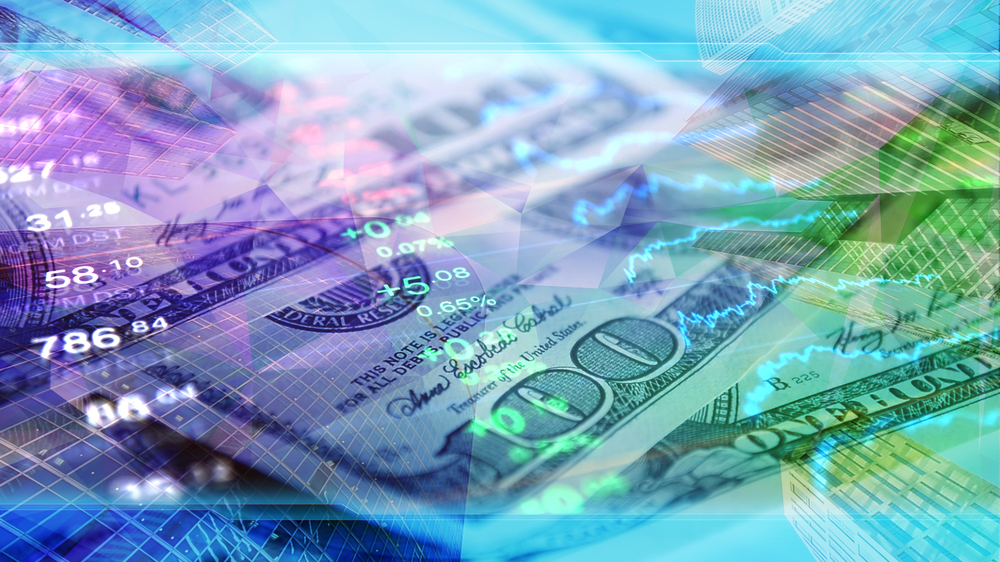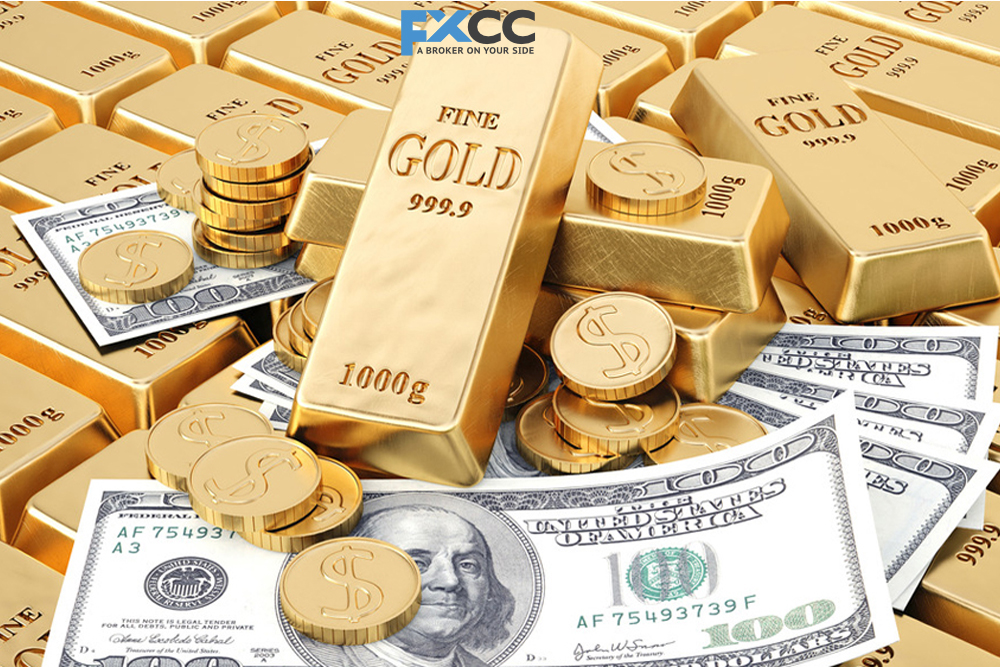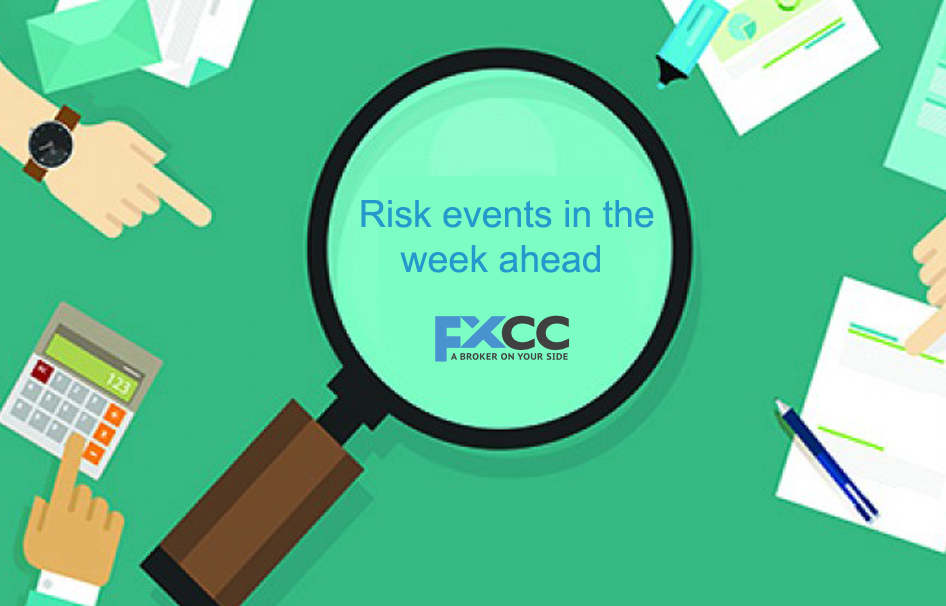In almost every country except the United States, the mighty dollar cripples the economy and destroys everything around it. It’s not America’s problem, at least for now, and the dollar’s historic rise is unlikely to stop anytime soon.
By some measures, the US dollar is already stronger than at the peak of the Covid-19 pandemic in early 2020, according to some analysts. There is a resemblance between the pain it causes and the chaos caused by currency in the mid-1980s, when top financial officials had to come together and force a solution on the markets. As the US administration abandons the idea of coordinated currency intervention, it’s every country for itself.

As a result of spreading economic damage, officials from Tokyo to Santiago have been forced to adopt makeshift solutions, such as selling dollars on the open market. But Federal Reserve Chairman Jerome Powell is fully focused on fighting inflation at home, doubling down on interest rate hike plans that have reignited the dollar’s rally. And US Treasury Secretary Janet Yellen said she thinks the financial markets are working well.
Rising interest rates
The combination of attractive US interest rates and the safety of your money in dollar-denominated assets helps support the dollar. In more normal times, officials may welcome the weakening of their currencies, which spurs economic growth by making exports more competitive and encouraging consumers and businesses to buy local.
But these are not ordinary times. High inflation is currently a concern for officials from Frankfurt to Seoul, with weak currencies adding fuel to the fire by raising the cost of imported goods and domestic prices. Therefore, some governments and central banks have to respond to the ongoing torture of their currencies.
British Pound, the biggest sufferer
The British pound has become the latest major currency to hit the spotlight after the government’s new financial plans led to a sharp drop in confidence in the pound. But like his peers before him, he was under tremendous pressure, trading near multi-year lows. The yen has weakened so much that the Japanese government has intervened directly in the markets several times since September 22; India, Chile and other countries also found it necessary to intervene. Meanwhile, Europe’s single currency has slipped below parity with the dollar under the weight of the region’s energy crisis, and the Chinese government has waged its own battle for the yuan.
The currency situation is also forcing the world’s central banks to consider raising their own interest rates further, which could lead to a recession in their economies.
The journey keeps going
“The Fed is aware of the external consequences of their actions because the dollar is the world’s reserve currency, but they have internal powers and focus on that,” says Paul McCulley, a former chief economist at Pacific Investment Management Co. who now teaches at Georgetown University. It’s unclear when such externalities might “turn from noise to a signal for the Fed to finally stop and turn around and influence what it’s doing,” he says. For now, McCulley sees the world dancing to the Fed’s hawkish tune and suffering from the “pain” that Powell himself warned of.
Key inflation indicators to guide further
From the Fed’s point of view, a strong dollar helps fight inflation. By curbing the competitiveness of American business enterprises on the international stage, it curbs the growth of the economy, thereby eliminating inflationary pressures. That gives officials reason not to hold back as they pursue the most aggressive monetary tightening since Paul Volcker tackled runaway inflation in the 1980s. The strength of the dollar was also a problem until the so-called Plaza Accord curbed it. One important difference: the 1985 agreement between Britain, France, West Germany, Japan and the United States was only made after Volcker had already broken the back of inflation, while the outcome of the current battle was still open to debate.

“Right now, the only mandate that matters to the Fed is to control inflation,” says Steven Roach, a senior fellow at Yale University and former chairman of Morgan Stanley Asia. According to Roach, it is largely due to this single-mindedness that the world economy is headed for recession. “It will certainly change inflationary pressures – on the other hand, it may lead to some stabilization in currency markets – but in this case the cart will be before the horse,” he says. Atlanta Fed President Rafael Bostic has acknowledged concerns that unrest in the UK could spill over into the US economy, posing risks to global growth. However, he did not give up on the idea of the Fed raising interest rates further.


